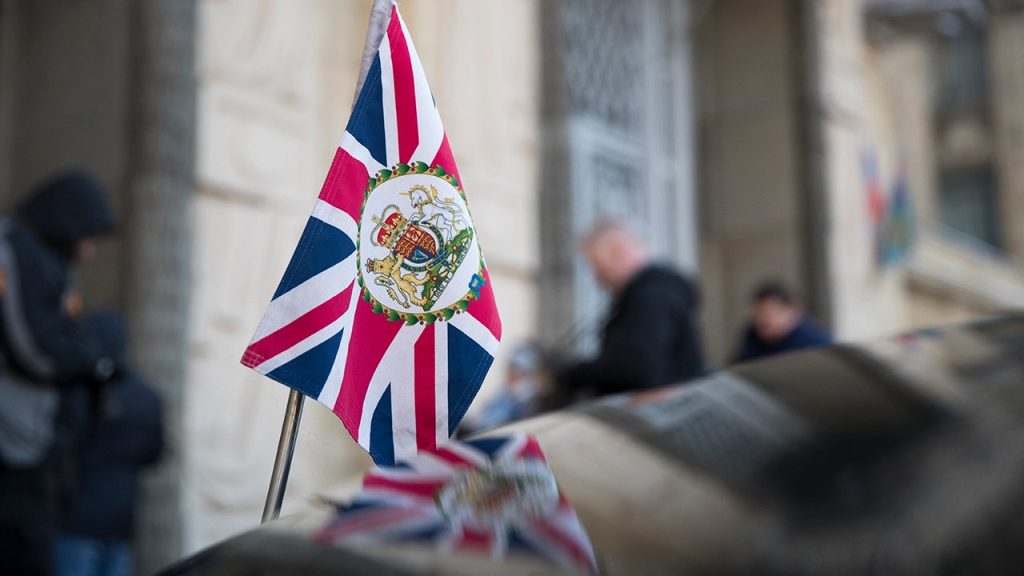Russia retaliated against Britain by declaring the British defense attaché persona non grata and giving the diplomat a week to leave the country. This decision was made in response to London’s expulsion of the Russian defense attaché earlier in the month over spying allegations. The Russian Foreign Ministry summoned a representative of the British Embassy in Moscow to express their strong protest against what they called an unfriendly and groundless decision by the British government. They viewed the expulsion as politically motivated and damaging to bilateral relations.
Britain had announced several measures targeting Moscow’s intelligence gathering operations in the U.K., including the expulsion of a Russian colonel who was deemed an undeclared military intelligence officer. The measures also included rescinding the diplomatic status of Russian-owned properties believed to have been used for intelligence purposes, as well as imposing new restrictions on Russian diplomatic visas and visits. These actions were taken following criminal cases in London alleging espionage and sabotage by individuals acting on behalf of Russia, along with accusations of sabotaging military aid for Ukraine in Germany and Poland, spying in Bulgaria and Italy, cyber and disinformation activities, air space violations, and jamming GPS signals.
In response to Britain’s actions, Russia expelled the British defense attaché Adrian Coghill and promised further retaliatory steps. The ongoing tension between the two countries has been fueled by accusations of targeted killings, espionage, and cyberattacks by Russian agents in the U.K. Britain has also imposed sanctions on wealthy Russians and taken measures to combat money laundering through London’s property and financial markets. The relationship between the two countries has been strained since Russia’s invasion of Ukraine, with both sides engaging in tit-for-tat expulsions and other retaliatory measures.
The conflict between Britain and Russia reflects broader geopolitical tensions between Western powers and Moscow. The U.K. and other Western countries have accused Russia of aggressive actions, including military interventions, cyberattacks, and disinformation campaigns aimed at sowing discord and destabilizing democracies. Russia has denied these accusations and accused Western countries of attempting to undermine its sovereignty and influence in the world. The ongoing diplomatic dispute between Britain and Russia is just one example of the deepening divide between Russia and the West, with both sides engaging in reciprocal expulsions and sanctions.
The expulsion of diplomats and other retaliatory measures between Britain and Russia are part of a pattern of escalating tensions between the two countries. The conflict underscores the challenges of maintaining diplomatic relations in an increasingly hostile global environment, characterized by geopolitical rivalries and competition for influence. Both countries have accused each other of engaging in hostile actions and violating international norms, leading to a deterioration in bilateral relations and a deepening sense of mistrust between London and Moscow.
The diplomatic standoff between Britain and Russia highlights the complexities of managing international relations in a world where traditional norms of diplomacy are being challenged by new forms of conflict and competition. The ongoing dispute between the two countries is a microcosm of broader geopolitical tensions and power struggles that are reshaping the global order. As both sides continue to engage in tit-for-tat expulsions and other retaliatory measures, the prospects for dialogue and cooperation between Britain and Russia appear increasingly uncertain, underscoring the need for a renewed commitment to diplomacy and multilateralism in resolving conflicts and promoting peace and stability in the international system.


